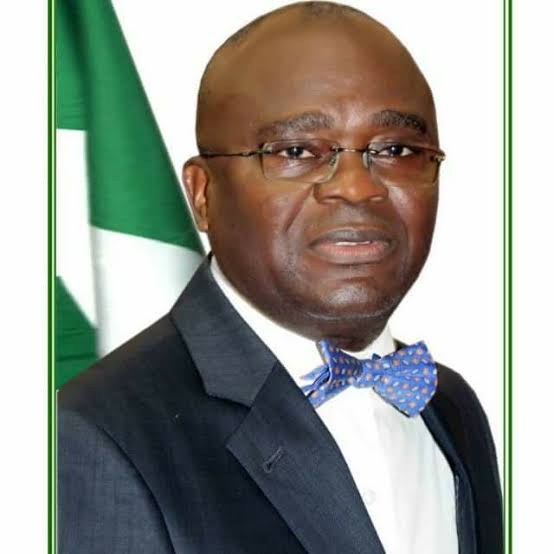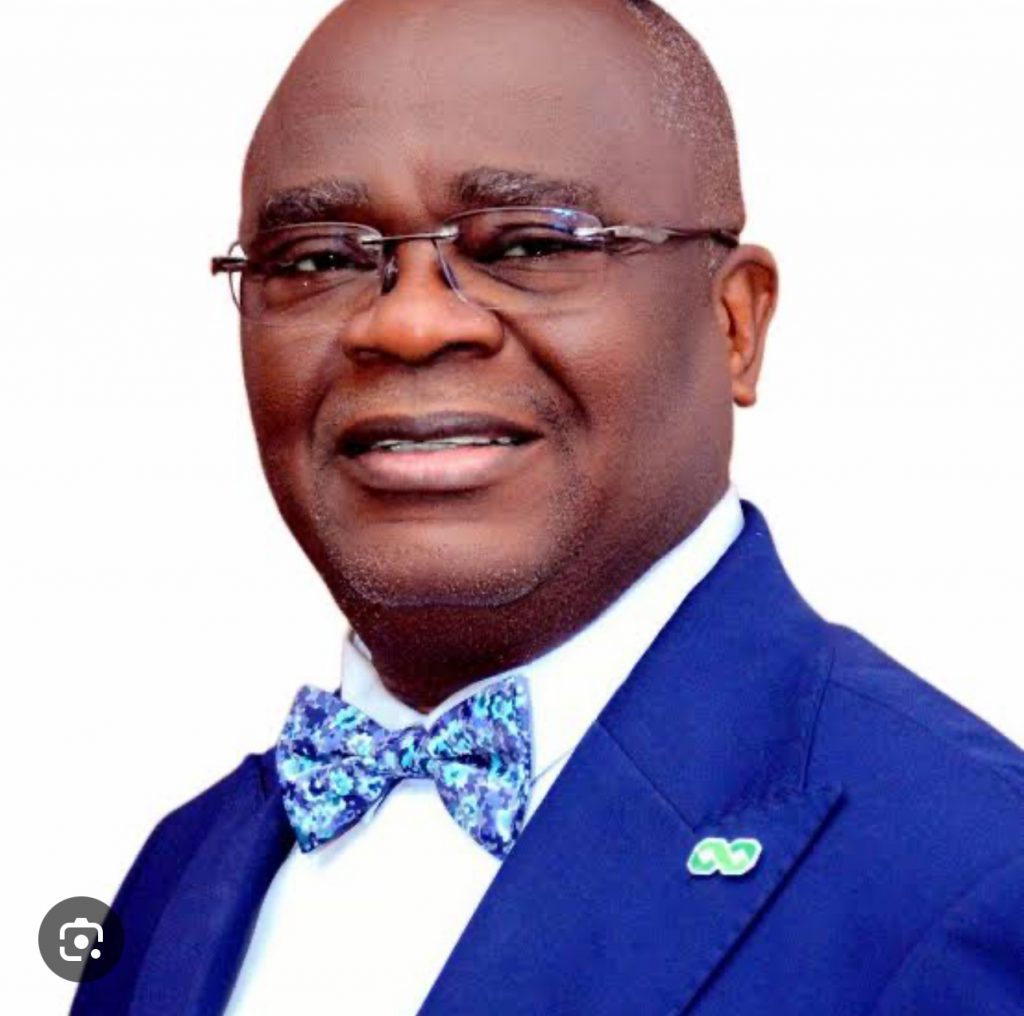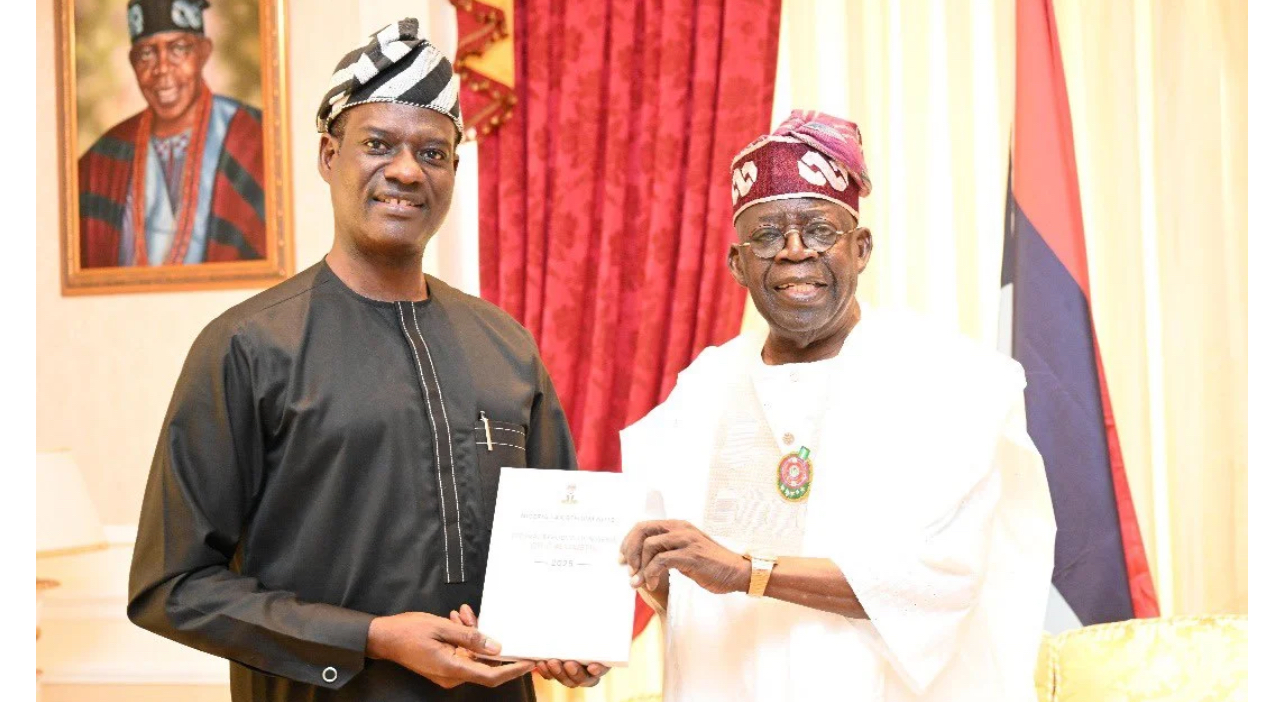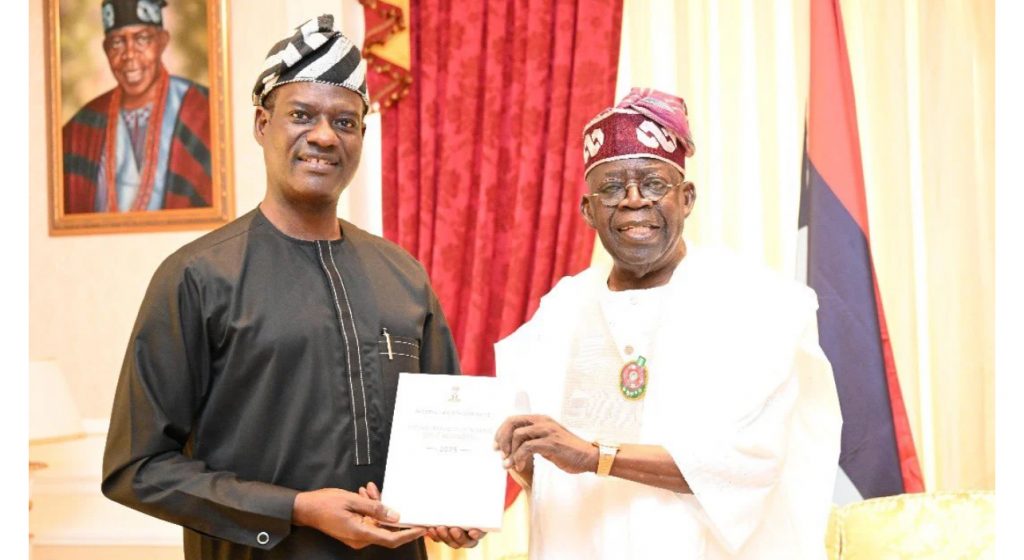news
It’s time to end Boko Haram- Al Mustapha tells new COAS, Faruk Yahaya

 Retired Maj. Hamza Al Mustapha has advised Maj.-Gen. Faruk Yahaya, the new Chief of Army Staff (COAS), to end the Boko Haram insurgency in the shortest possible time.
Retired Maj. Hamza Al Mustapha has advised Maj.-Gen. Faruk Yahaya, the new Chief of Army Staff (COAS), to end the Boko Haram insurgency in the shortest possible time.Al Mustapha, who is a former Chief Security Officer (CSO) to late Gen. Sani Abacha, disclosed this to the News Agency of Nigeria (NAN) in Abuja on Sunday.
He said the new army chief must ensure speed in ending the insurgency which had led to massive destruction of lives and property.
“Delaying the fight against Boko Haram will be a great disservice to Nigeria. The earlier we crush them, the better.
“Speed is very vital, because we are not fighting a conventional war, speed matters a lot because Nigeria should recover from this speedily as much as possible.
“I know this is possible because I have done some homework,” Al Mustapha said.
The former CSO congratulated the new COAS on his appointment.
“He is our younger brother, I have prayed for him and wished him well on the appointment.
“I spoke with him and what I sent to him in a text message were prayers for him to succeed.
“There are different ways for him to succeed in overcoming the numerous security challenges bedevilling the country, ” he said.
Al Mustapha advised the new army chief to work in synergy with other security agencies to ensure success.
“My advice is that the army should not be alone because it is not a military affair alone.
“Boko Haram for example has been on for more than 20 years from my account, that is from conception to its maturity.
“If you want to contain an insurgency, every single detail of its activities should be on your palm, that is when you can say am on top of the situation.
“You have to get their sources of logistics, their electronic support and capabilities, what they do on daily basis and how they get information among others, ” he said.
Al Mustapha said the army chief must also trace the sources of arms getting into Nigeria resulting in arms proliferation.
“Our security challenge also has its root in the grand design by some powerful countries as far back as 1972 to retard Nigeria’s development.
“That’s why the country is facing security challenges from all facets at the same time.
“Our past mistakes have to do with viewing issues from narrow perspectives and that is why we must be very wide and open now,” he said.
Al Mustapha said the military must hasten its pace in tackling security challenges facing the country so it can return to barracks as soon as possible.
“We need to end all these challenges as quickly as possible, so that the military can go back to the barracks to face its primary role of protecting the territorial integrity of Nigeria.
“Internal security operation has reduced the value of the military because they are taking over the role of the police, which is a disservice.
“We have to end these crises so that the police can effectively take over their function, train and expand their capacity, ” he said. (NAN)
news
Opeifa Defends Rail Reforms, Unveils Nationwide Expansion Roadmap

 Opeifa maintained that derailments are not peculiar to Nigeria, noting that such incidents occur across advanced rail systems globally.
Opeifa maintained that derailments are not peculiar to Nigeria, noting that such incidents occur across advanced rail systems globally.
“Derailments are regular occurrences in the rail sector worldwide. In February alone, there were incidents in countries like Britain and others. Around the same time we experienced one, there were multiple derailments across the world,” he said.
He disclosed that in 2025, Nigeria recorded three major derailments:
• August 26 at Asham in Kaduna State
• November 1 at Abraka on the Warri–Itakpe line
• November 8 at Agbor on the same corridor
He said the NRC responded swiftly, restoring services within 24 hours in one case, while others were resolved within 21 and 28 days respectively.
Opeifa stressed that derailments can result from factors such as weather conditions, signal glitches, human error, speeding, or aging infrastructure, but noted that in Nigeria’s recent cases, there were no fatalities.
“These incidents are preventable and efforts are ongoing to minimize them. However, they should not be seen as major setbacks to the overall progress of the railway system,” he said.
On Allegations of Mismanagement
Addressing allegations of financial mismanagement within the corporation, Opeifa declined detailed comments, citing ongoing legal processes.
“When a matter is in court, it is sub judice. Allegations of corruption or mismanagement should be handled by the appropriate authorities,” he stated.
He reiterated that his priority is to reposition the NRC in line with global best practices and ensure efficient rail services for Nigerians.
Expansion, Upgrades and National Connectivity
The NRC boss said efforts are underway to restore damaged coaches and upgrade infrastructure using local engineers and technicians.
“We are bringing back the lines and retrofitting coaches. The Warri–Itakpe line is operational. The Abuja–Kaduna line is running, and we are increasing trips from two to three,” he said.
On long-term plans, Opeifa disclosed that the NRC roadmap envisions rail connectivity across major cities nationwide, subject to funding and phased execution.
He dismissed claims of abandoned projects, explaining that rail developments are capital-intensive and implemented in phases based on available resources.
He cited progress on the Lagos–Ibadan corridor—part of the larger Lagos–Kano project—as well as ongoing work on the Kano–Maradi line linking key northern cities.
Lagos–South-East, Port Connections in View
Opeifa also highlighted plans to expand connectivity between southern ports and inland cities. These include proposed links from Warri to Abuja and from Lekki Deep Sea Port to Kajola, Benin, Onitsha, and Aba, enabling both passenger and cargo movement.
Toward Modern Signaling and Faster Trains
On modernization, he said Nigeria is gradually upgrading from older narrow-gauge systems to standard-gauge infrastructure with improved signaling technology.
He noted that metro rail projects in Kaduna, Kano, and Lagos are being developed with higher signaling standards, positioning the country for faster and more efficient train services in the coming years.
“We are not yet at the highest global level, but we are moving steadily upward,” Opeifa said.
news
Ticket Reform Boosts Confidence in Lagos–Ibadan Rail Service, Says Opeifa

 A quiet transformation is reshaping the daily commute between Nigeria’s commercial hub and the historic city of Ibadan. Passengers on the Lagos–Ibadan standard gauge corridor say services have become more efficient and predictable following a clampdown on ticket racketeering led by Kayode Opeifa
A quiet transformation is reshaping the daily commute between Nigeria’s commercial hub and the historic city of Ibadan. Passengers on the Lagos–Ibadan standard gauge corridor say services have become more efficient and predictable following a clampdown on ticket racketeering led by Kayode Opeifa
The renewed confidence in the rail line linking Lagos and is influencing residential and employment decisions among middle-income earners who once considered daily intercity commuting unrealistic.
“It is now possible to live in Ibadan and work in Lagos without the daily anxiety of securing a ticket,” said Adewale Bamidele, a financial analyst who travels three times a week. “Before, you needed connections. Now, you book, you board, you arrive.”
A Line Once Hindered by Middlemen
The Lagos–Ibadan railway, inaugurated as a flagship infrastructure project under the administration of former President Buhari was designed to ease pressure on the congested Lagos–Ibadan Expressway and deepen economic integration across the South-West.
However, in its early phases, passengers frequently complained of informal ticket rackets. Allegations included bulk-buying by intermediaries and artificial scarcity that forced travellers to pay inflated prices for seats on high-demand trains.
Industry observers say such practices undermined the railway’s credibility as a mass transit solution. “Transport systems thrive on predictability and fairness,” said a transport economist “Once access is perceived as compromised, commuters revert to road transport despite the risks and delays.”
Enforcement and Digitisation
Since assuming oversight responsibilities within the sector, Opeifa has reportedly intensified internal monitoring and strengthened digital ticketing protocols. Railway officials, speaking on condition of anonymity, said stricter verification processes and disciplinary measures against errant staff have curtailed unauthorised ticket sales.
Although the Nigerian Railway Corporation has not released detailed enforcement data, anecdotal evidence from regular commuters points to shorter queues, smoother boarding procedures and fewer last-minute cancellations.
For professionals with flexible work schedules, the improvement has been significant. The average journey time of about two to three hours—depending on the service type—now compares favourably with unpredictable road travel, which can take considerably longer during peak traffic.
Changing Urban Dynamics
Property agents in Ibadan report a modest rise in enquiries from Lagos-based workers seeking more affordable housing. Rents in many parts of Ibadan remain significantly lower than comparable neighbourhoods in Lagos, offering relief to households grappling with inflationary pressures.
“Rail reliability changes everything,” said Funke Adebayo, a real estate consultant in Ibadan. “When people trust the timetable, they are more willing to relocate.”
Economists caution, however, that long-term success will depend on consistent maintenance, adequate security along the corridor and transparent ticketing systems. Any return to informal practices could quickly erode recent gains.
The Lagos–Ibadan corridor is widely regarded as a litmus test for Nigeria’s broader rail ambitions. With additional standard gauge projects planned or underway nationwide, policymakers face mounting pressure to ensure that infrastructure investments translate into reliable public service delivery.
For now, passengers remain cautiously optimistic.
“It feels more organised,” Bamidele said while disembarking at Mobolaji Johnson Station in Lagos. “If this standard is sustained, rail can genuinely compete with road transport.”
Nigeria agree, the real challenge lies not just in laying tracks, but in sustaining public trust.
news
Breaking : Finance Ministry Shake-Up: Tinubu Nominates Oyedele, Says Onanuga


President Bola Tinubu has nominated the Chairman of the Presidential Committee on Fiscal Policy and Tax Reforms, Dr. Taiwo Oyedele, as the Minister of State for Finance.
Oyedele replaces Dr. Doris Anite-Uzoka, who has been redeployed to the Ministry of Budget and National Planning as Minister of State, her third portfolio in the administration.
The President on Tuesday conveyed Oyedele’s nomination to the Senate for confirmation in a letter to the Senate President, Godswill Akpabio, according to a statement by his Special Adviser on Information and Strategy, Bayo Onanuga, on Tuesday.
Until Tinubu nominated him as a minister, Oyedele from Ikaram, Akoko, Ondo State, was the chairman of the Presidential Committee on Fiscal Policy and Tax Reforms, which overhauled Nigeria’s tax system.
The 50-year-old is an economist, accountant, and public policy expert who led the comprehensive overhaul of Nigeria’s tax system through the Presidential Committee on Fiscal Policy and Tax Reforms.
The committee, inaugurated in August 2023, delivered four executive bills that consolidated over 60 taxes into fewer than 10 statutes and introduced significant reforms, including zero income tax for Nigerians earning N800,000 annually or less.
The Tax Reform Acts, which became effective on January 1, 2026, also exempted small businesses with turnover below N50m from company income tax, capital gains tax, and development levy.
Other provisions include a 50 per cent tax deduction for companies hiring new workers for three years, a 50 per cent deduction for wage increases to the lowest-paid employees, and a five-year corporate tax holiday for agricultural enterprises.
Oyedele attended Yaba College of Technology, where he obtained a Higher National Diploma in Accountancy and Finance, before proceeding to Oxford Brookes University for a BSc in Applied Accounting.
He also completed executive education programmes at the London School of Economics, Yale University, the Gordon Institute of Business Science, and the Harvard Kennedy School.
Oyedele spent 22 years at PricewaterhouseCoopers, joining in 2001 and rising to become the Fiscal Policy Partner and Africa Tax Leader before his appointment to head the tax reform committee.
He is currently a professor at Babcock University in Ogun State and a visiting scholar at the Lagos Business School.
As Minister of State for Finance, Oyedele is expected to oversee the implementation of the tax reforms he championed, particularly as the government seeks to improve revenue generation and deepen economic reforms.
Anite-Uzoka, who is being redeployed to the Ministry of Budget and National Planning, previously served as Minister of State for Industry, Trade and Investment before her appointment as Minister of State for Finance.
The Senate is expected to screen and confirm Oyedele’s nomination in the coming weeks, following which he will be sworn in to assume his ministerial duties.
The Finance Ministry, currently led by Wale Edun as substantive minister, oversees fiscal policy, revenue mobilisation, debt management, and economic planning.
-

 news5 years ago
news5 years agoUPDATE: #ENDSARS: CCTV footage of Lekki shootings intact – Says Sanwo – Olu
-

 lifestyle6 years ago
lifestyle6 years agoFormer Miss World: Mixed reactions trail Agbani Darego’s looks
-

 health5 years ago
health5 years agoChairman Agege LG, Ganiyu Egunjobi Receives Covid-19 Vaccines
-

 lifestyle4 years ago
lifestyle4 years agoObateru: Celebrating a Quintessential PR Man at 60
-

 health6 years ago
health6 years agoUPDATE : Nigeria Records 790 new cases of COVID-19
-

 health6 years ago
health6 years agoBREAKING: Nigeria confirms 663 new cases of COVID-19
-

 entertainment1 year ago
entertainment1 year agoAshny Set for Valentine Special and new Album ‘ Femme Fatale’
-

 news10 months ago
news10 months agoBREAKING: Tinubu swears in new NNPCL Board


